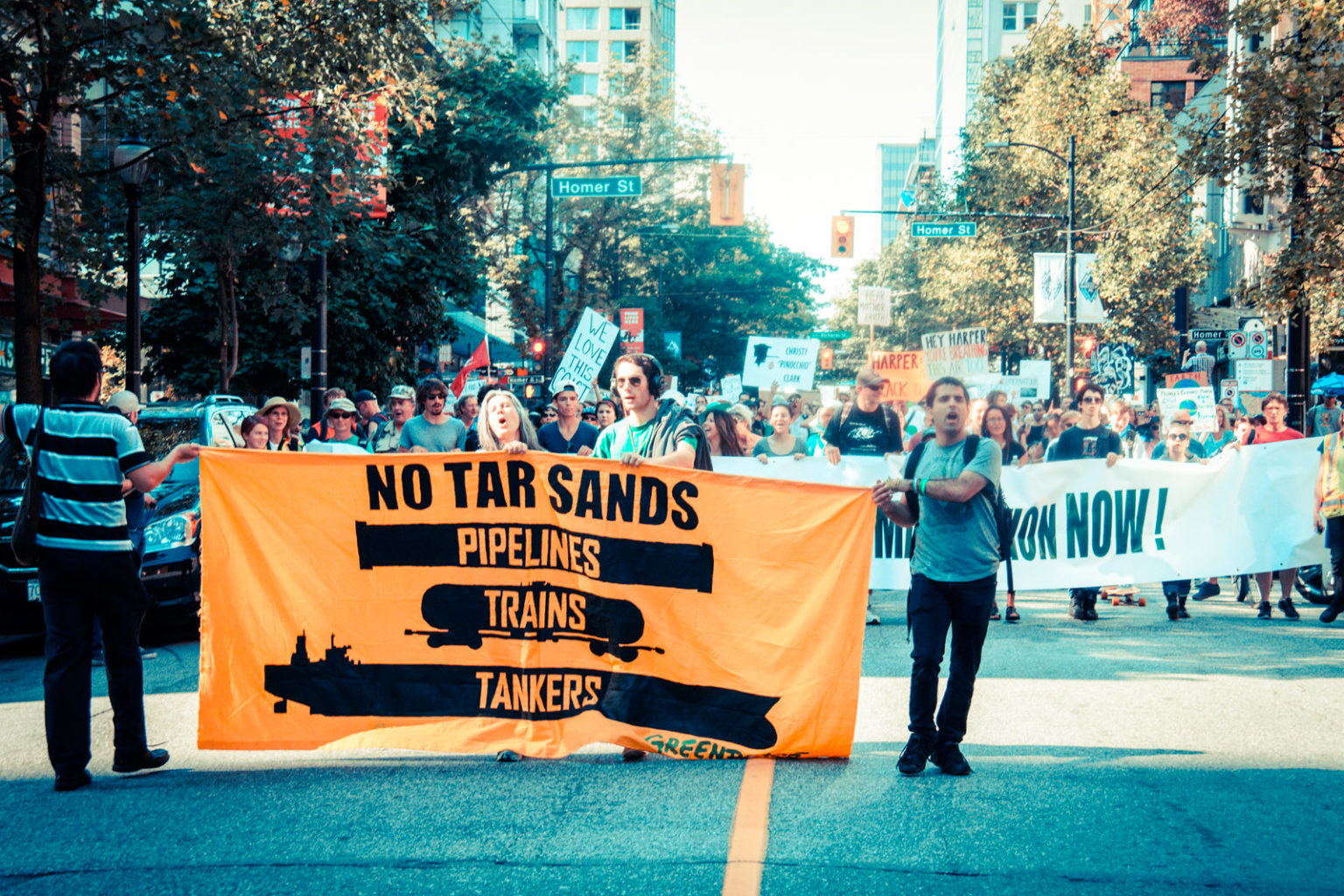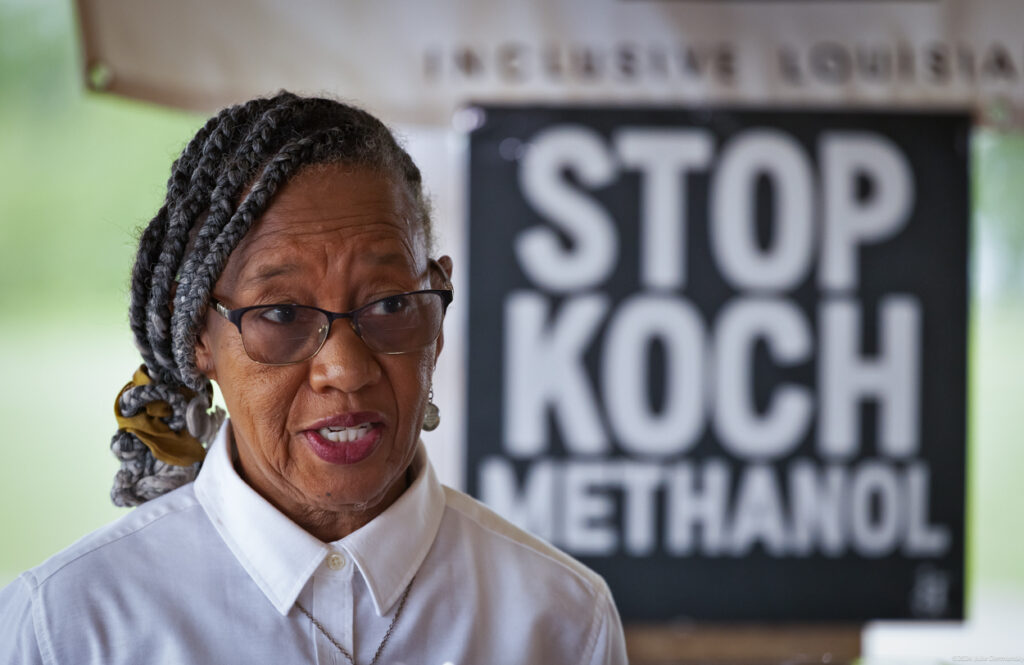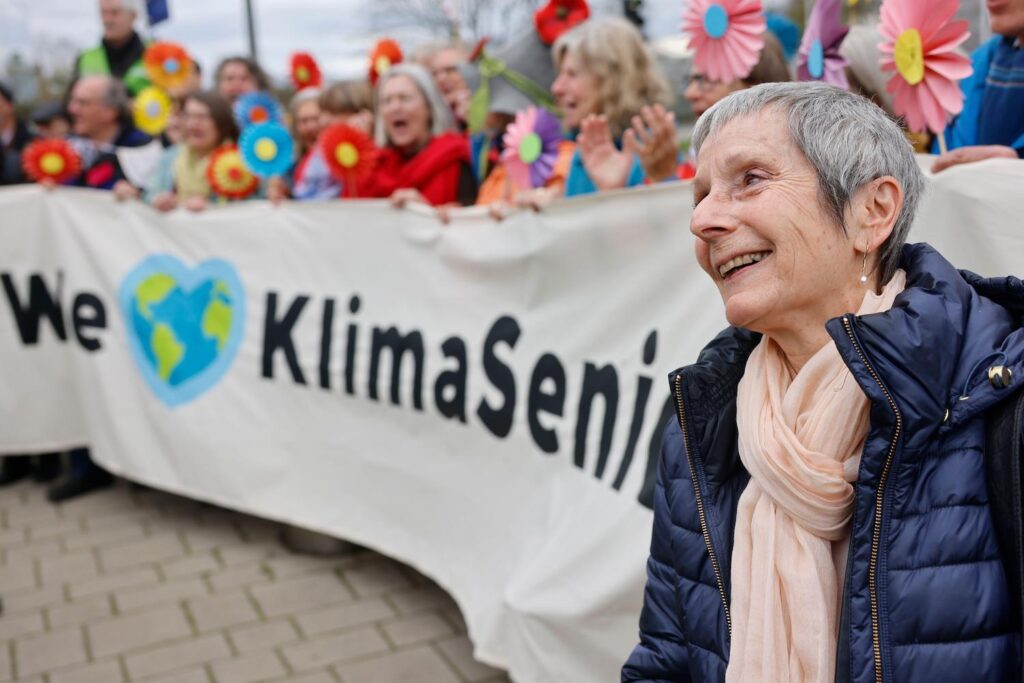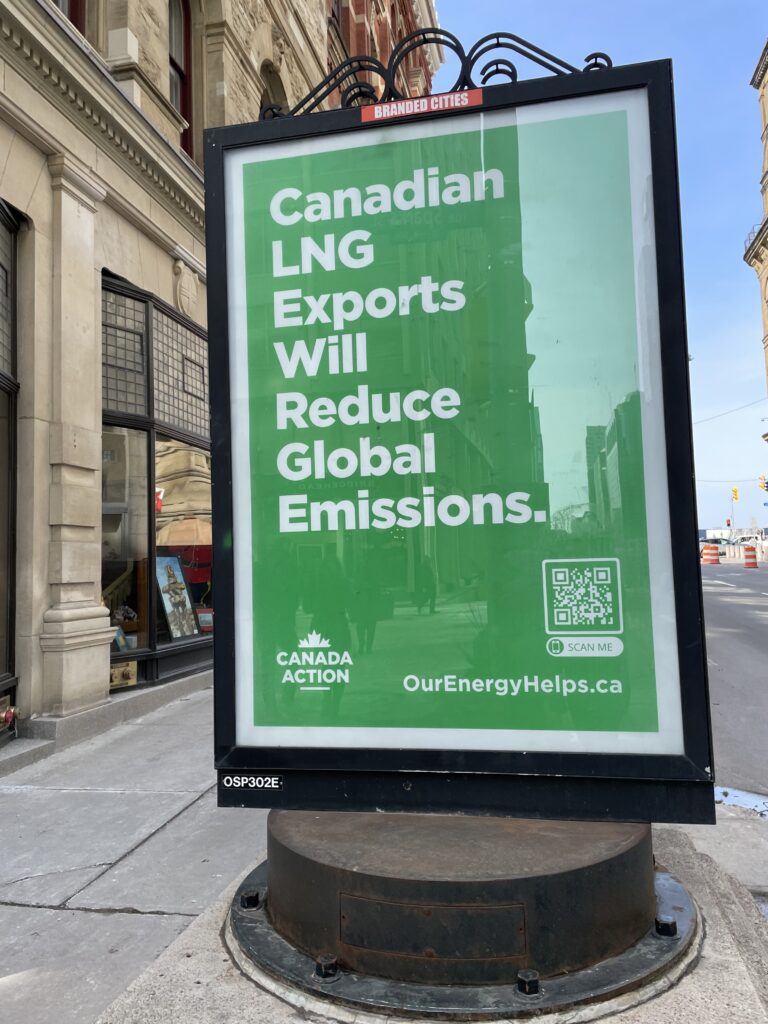An 18-month inquiry led by the province of Alberta into environmental groups opposed to Canadian tar sands is nearing completion, but a Canadian NGO wants the CA$3.5 million inquiry disbanded, alleging that it was improperly established to intimidate opponents of the fossil fuel industry.
In July 2019, the province of Alberta set up a “public inquiry” to investigate the “anti-Alberta energy campaigns” supposedly backed by “foreign organizations.” It was the fulfillment of a campaign promise by Alberta Premier Jason Kenney, who vowed to fight “foreign meddling” that he says has been injurious to the province’s oil and gas industry, singling out foreign philanthropic organizations such as the Rockefeller Brothers Fund and the William and Flora Hewlett foundation, and foreign funding for Canadian environmental groups such as Environmental Defence and the Pembina Institute.
These foreign entities, Kenney alleged, aim to sabotage Canada’s oil industry, which employs over 140,000 people in the province. “Its main tactics have been disinformation and defamation, litigation, public protests, and political lobbying,” Kenney said in 2019 when announcing the inquiry, referring to what he described as a “well-funded political propaganda campaign.”
But environmental groups see the inquiry as an attempt to silence criticism of Alberta’s tar sands, which are Canada’s largest source of greenhouse gas emissions and also a source of toxic pollution to air and water in the province. Even NGOs that were not publicly targeted by Premier Kenney, such as Ecojustice, felt its shadow over their work.
“What it was intended to do, and did do for a period, was shut people up. Basically, government was going to come after you if you were a critic of Alberta oil and gas,” Devon Page, executive director of Ecojustice, an environmental law charity based in Canada, told DeSmog. “For months, people were ducking their head and asking us and asking other lawyers, ‘Do I need counsel? Do I have to examine my history of funding?’”
In response, Ecojustice sued the Alberta government in 2019 to have the inquiry thrown out. And this month, lawyers for both sides presented their evidence to a judge; a court decision is expected before the release of the final report from the inquiry in May.
Kenney’s attempts to tie civil society groups to nefarious “foreign agents” are reminiscent of tactics employed by autocratic regimes around the world, such as Russia and Saudi Arabia, according to Environmental Defence, another Canadian environmental group who was named by Premier Kenney as one of the “anti-Alberta” groups of interest.
“The actions read like a to-do list from a petro-state playbook that outlines how governments and the fossil fuel industry can work together to quash the voices of citizens and groups concerned about the environmental health impact of fossil fuels,” Environmental Defence wrote in a report published in January 2021. Those tactics include labeling NGOs as foreign agents or enemies of the state, revoking charitable status for groups that oppose industry, and criminalizing protests.
Some of those tactics, however, are not new to North America. Roughly a dozen U.S. states have passed draconian laws criminalizing protests of fossil fuel infrastructure, many of which impose harsh prison sentences for would-be protesters. That pattern, aggressively pushed forward by groups including the American Fuel & Petrochemical Manufacturers and the corporate lobby group American Legislative Exchange Council (ALEC), has spread to Canada.
Last year, Alberta passed its own “critical infrastructure” bill that criminalizes protests of tar sands mines and oil pipelines. First-time violators could be slapped with $10,000 fines and six-month prison sentences. First Nations leaders decried the legislation as a “racialized bill” due to the fact that the two most high-profile energy projects — the Trans Mountain Expansion and LNG Canada — are being fiercely opposed by Indigenous communities. Indeed, the legislation came in response to nationwide protests in early 2020 in solidarity with the Wet’suwet’en land defenders against LNG Canada and its associated Coastal GasLink pipeline, which would cross the unceded lands of the Wet’suwet’en and dozens of other First Nations in what is now British Columbia.
Missteps, Climate Denial, and Public Backlash
Over the course of two days on February 11 and 12, 2021, Ecojustice and Alberta presented evidence in court. Challenging the legality of the inquiry, Ecojustice argues that it was set up for improper and political purposes, that its results will be biased and “adversarial” rather than investigatory, and that it deals with matters outside of provincial jurisdiction. The environmental group is requesting that the court disband the inquiry altogether.
The likely outcome of the court proceedings remains unclear, but to some extent, Ecojustice feels it has already won. “From the perspective of having taken this case and fought this battle, I feel great about it. I think we achieved our objectives,” Page said. “We wanted to step in as the best proxy for the environmental movement to defend a movement from the attack of a government. And basically, we neutralized it.”
The case brought against Alberta has highlighted the ways in which Alberta’s inquiry targeted environmental groups and was intended to arrive at a predetermined outcome. For example, the Terms of Reference of the inquiry lay out the scope of the investigation as one into “anti-Alberta energy campaigns,” defined as “attempts to directly or indirectly delay or frustrate” the development of the province’s oil and gas. In addition, the inquiry was directed to make recommendations on new eligibility criteria for obtaining charitable status.
Ecojustice told the court that this demonstrates an effort to target environmental organizations from the outset. And in the court of public opinion, this narrative has become increasingly obvious, Page said.
The inquiry’s tactics and strategy during its probe have also handed plenty of fodder to critics. Alberta cloaked its inquiry in secrecy, only releasing sparse details on the progress of the investigation and also barring public information requests.
One of its main deliverables thus far is a bizarre 130-page report released in January 2021 full of age-old debunked climate denial talking points and conspiracy theory. The report alleges that a “Transnational Progressive Movement” is “strangling” Alberta’s oil industry. The Alberta inquiry paid roughly $28,000 for a UK-based researcher, Dr. T.L. Nemeth, to write the report. In a section on “media,” the Nemeth report attacked environmental journalists and organizations such as the Society for Environmental Journalists (SEJ) and Covering Climate Now, a global journalism initiative intended to improve coverage of climate change (DeSmog participates in Covering Climate Now and several DeSmog journalists are members of SEJ).
Originally funded with CA$2.5 million, the inquiry has blown past deadlines and costs have ballooned to at least $3.5 million. The delays, overspending, lack of transparency, and climate denial have resulted in increasingly vocal criticism.
Polling meanwhile shows that strong majorities of Albertans want action on climate change, including a net-zero emissions target. “Jason Kenney’s tactics probably would have been effective 10 or 15 years ago,” Page said, adding that public opinion in Alberta — a traditionally more conservative province — on climate change is now only slightly different than Canada as a whole. “A majority sees the writing on the wall with climate change and know they have to transition.”
The pushback from environmental groups combined with the inquiry’s own set of missteps has largely defanged the inquiry’s chilling effect. As Page said: “I don’t think there is any Canadian environmentalist or environmental charity that is losing any sleep at all about the inquiry.”
Main image: Canadians protesting in Vancouver in 2014 against the tar sands and for climate action. Credit: Chris Yakimov CC BY–NC–ND 2.0
Subscribe to our newsletter
Stay up to date with DeSmog news and alerts






